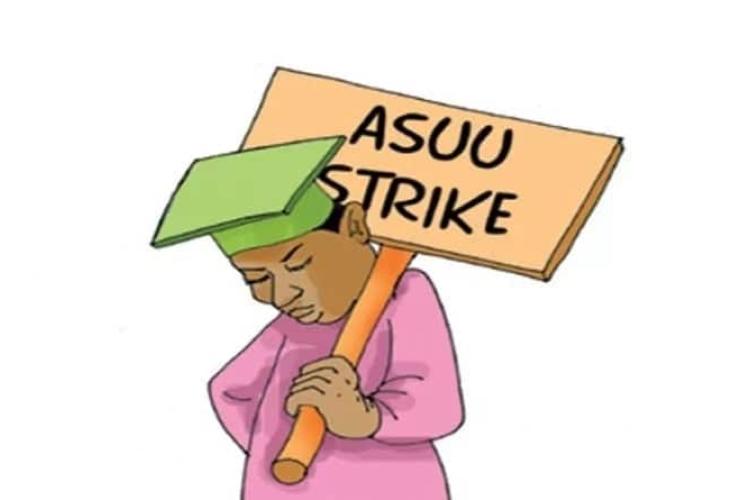Some lawyers have explained that the no-work-no-pay pronouncement of the federal government against striking members of the Academic Staff Union of Universities (ASUU) is legal.
The Minister of Education, Adamu Adamu, on Thursday, during the deadlocked federal government and ASUU meeting, said workers would lose their salaries for the period they were on strike.
- Nursing Council inducts 274 foreign trained nurses
- We’ll soon unveil big men behind oil theft – Garba Shehu
But reacting in an interview with Daily Trust Saturday, ASUU president, Professor Emmanuel Osodeke, said the lecturers would not process the outstanding two sets of students now waiting for admission in the universities if their arrears were not paid after the strike.
However, some lawyers who reacted to the federal government’s comment, said the no-work-no-pay comment was a valid rule and is contained in the Trade Union Act, 2005.
Section 43(1) (a) reads: “Where any worker takes part in a strike, he shall not be entitled to any wage or other remunerations for the period of the strike, and any such period shall not count for the purpose of reckoning the period of continuous employment, and all rights dependent on the continuity of employment shall be prejudicially affected accordingly.”
Yusuf Buhari, a lawyer, said that even if there was no such law, in every employment, there must be an agreement that spells out the terms.
“If you are going on strike, there must be a corresponding right to withhold your salaries. Such agreements are legal and binding in law,” he said.
Also, Hamid Ajibola Jimoh submitted that the provision of section 43(1)(a) and (b) of the Trade Union Act does not criminalise strike but establishes that the striking workers would not be entitled to pay.
Similarly, E.M.D. Umukoro said the Trade Union Act remained the enabling law until “it is repealed or struck down by the courts.”

 Join Daily Trust WhatsApp Community For Quick Access To News and Happenings Around You.
Join Daily Trust WhatsApp Community For Quick Access To News and Happenings Around You.


